The new show called ÖT, launched recently on YouTube, intended to invite PM Orban's policy chief, Balazs Orban. However, one of the team’s enthusiastic staffers also sent an invitation to PM Orban, host Andras Hont mentioned, starting his conversation with Hungary's premier with this anecdote.
In response, Mr. Orban pointed out that he's happy to go anywhere he sees a chance for a meaningful conversation.
The first topic was the listing — and subsequent delisting — of Minister Antal Rogan from the U.S. sanctions list. Mr. Hont suggested that the targeting of the minister leading the Prime Minister's Cabinet Office was no coincidence. PM Orban acknowledged that Mr. Rogan is undoubtedly a key minister. When the host asked if this would incur financial consequences, he replied, “I won’t be paying.”
– “There are two kinds of ministers in a government,” Mr. Orban explained. “There are technical ministers with specific portfolios—like the agriculture minister or Mr. Navracsics, who is responsible for public administration and regional development—and then there are what I would call power players, or functional ministers who support the exercise of executive power. Currently, two of them hold ministerial rank, and the third is Balazs Orban, who is in a hybrid role that is hard to define from a Hungarian public law perspective. He is the political director of the government. So, there’s Minister Rogan and Minister Gergely Gulyas. Mr. Gulyas oversees coordination within the government, while Mr. Rogan supports me by making sure that everything related to the exercise of power, both inside and outside the government, is at my disposal” - PM Orban said.
He explained that he had recently reassigned several responsibilities from these ministers, noting that it had become a bad habit in government to push unresolved issues up the chain to the functional ministers. So, “although after an election, Mr. Gulyas and Mr. Rogan typically start out as purely political ministers, over time things like digitalization or oversight of the Castle District will also pile onto their desks. Eventually, it became too much, and those tasks had to be stripped away.”
“It was clear that if someone wanted to attack the person closest to me in the government, it would be either Minister Gulyas or Minister Rogan,” PM Orban explained.
He emphasized that he prefers order, so the government is organized accordingly and cabinet restructurings are not driven by power struggles. “I make a four-year agreement with someone—we define the terms: how we work, how we behave, how we cooperate, what’s acceptable and what’s not. Then I invite serious people to serve, and we stick to that, he said.
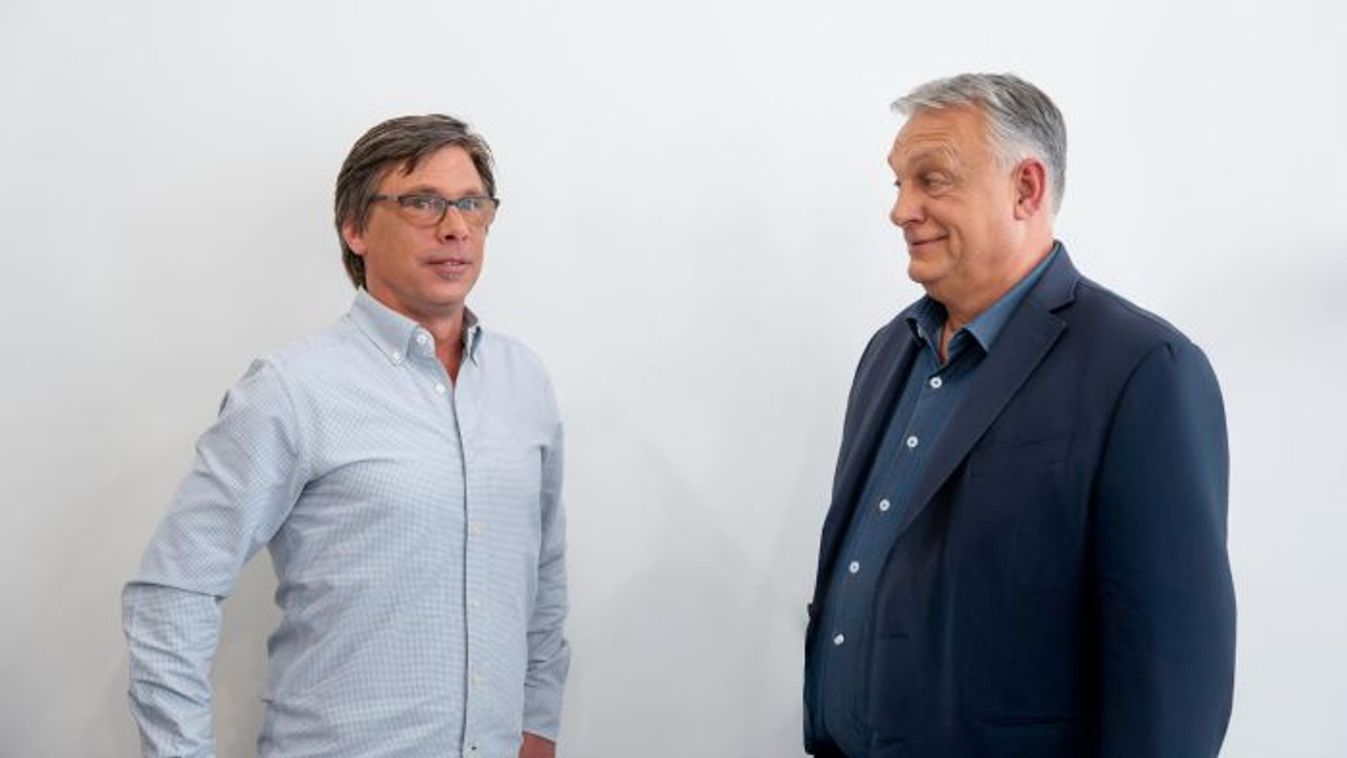
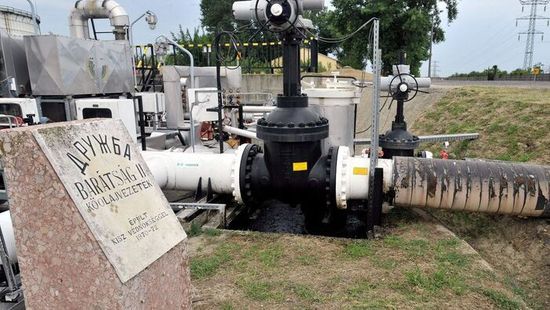

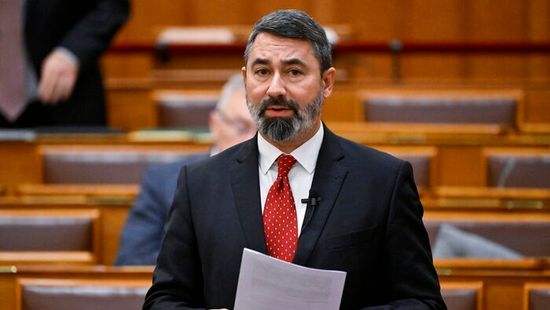
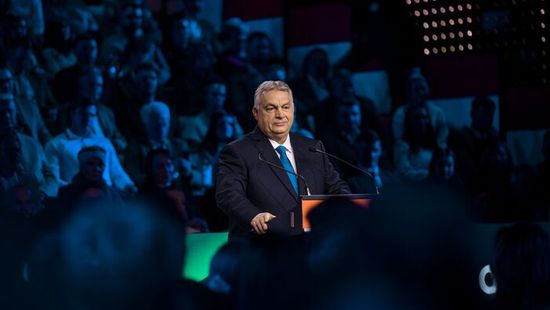

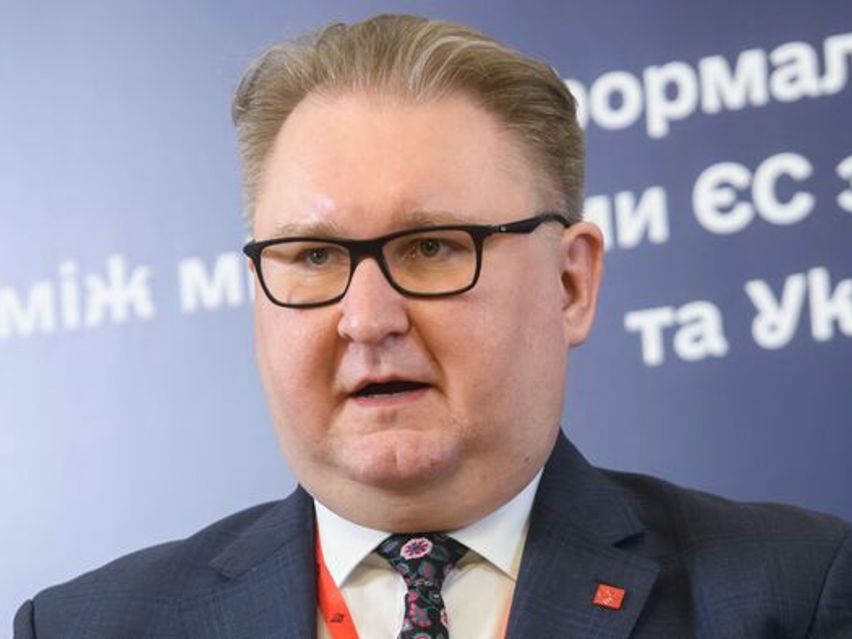

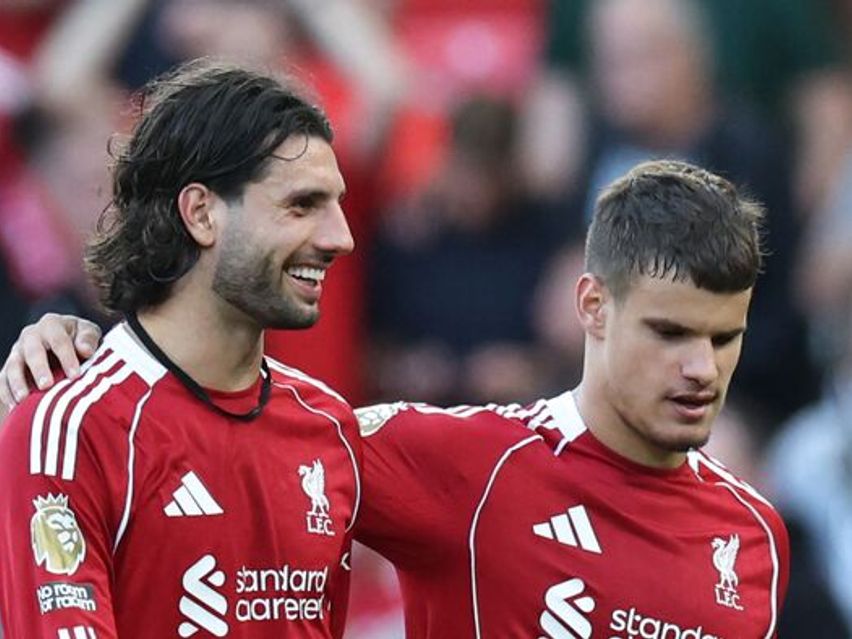
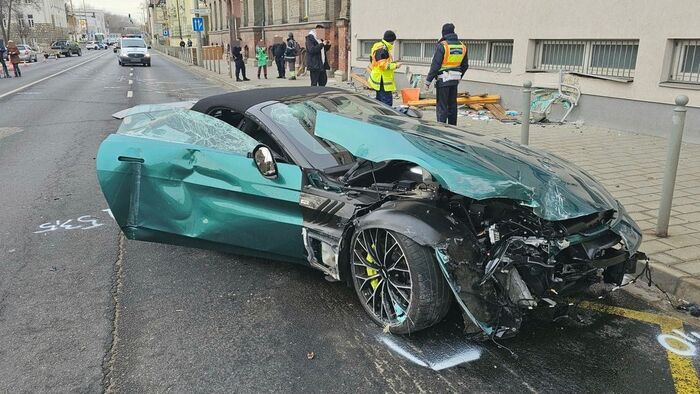

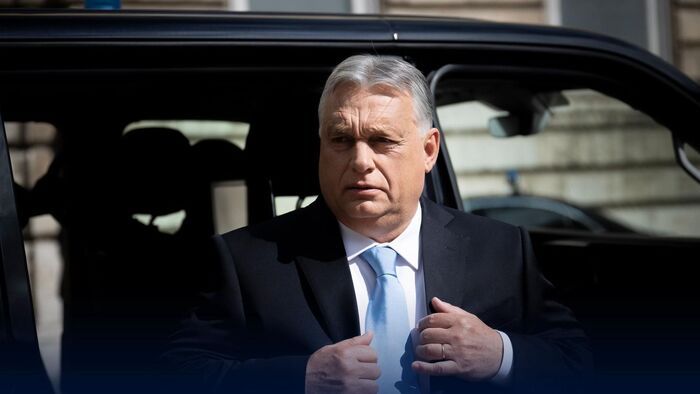
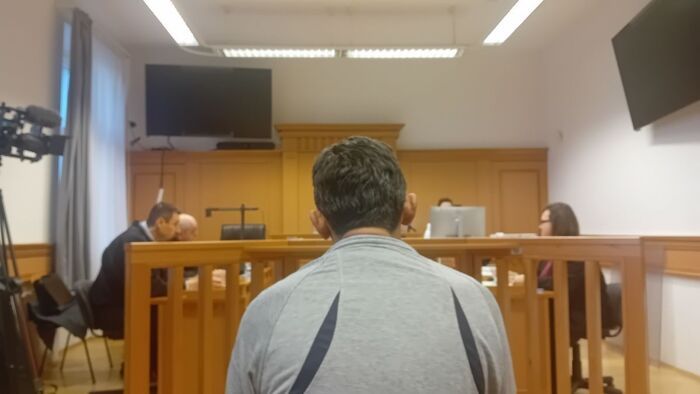

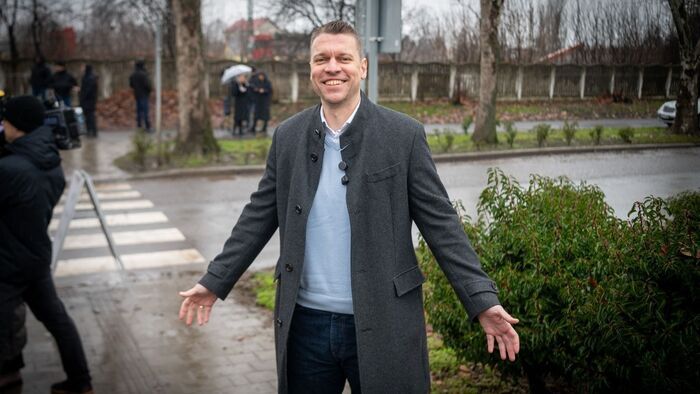
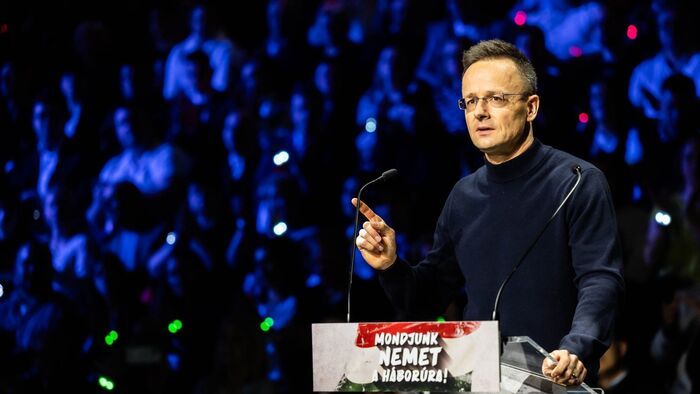
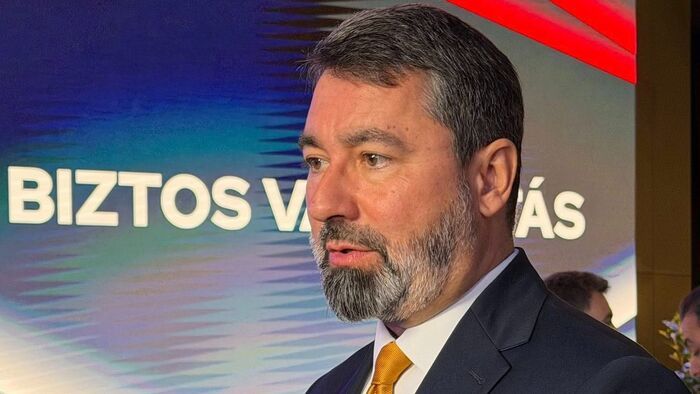
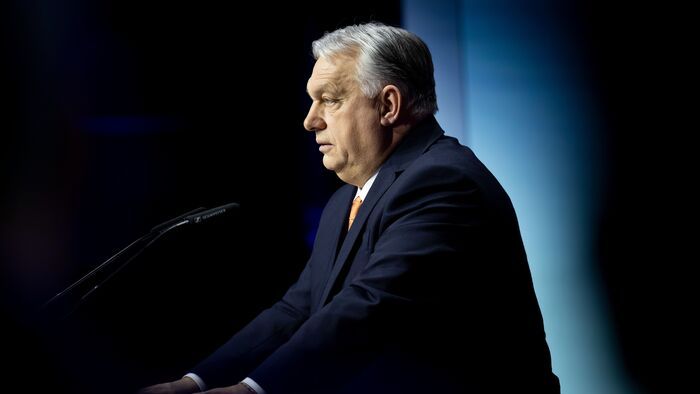

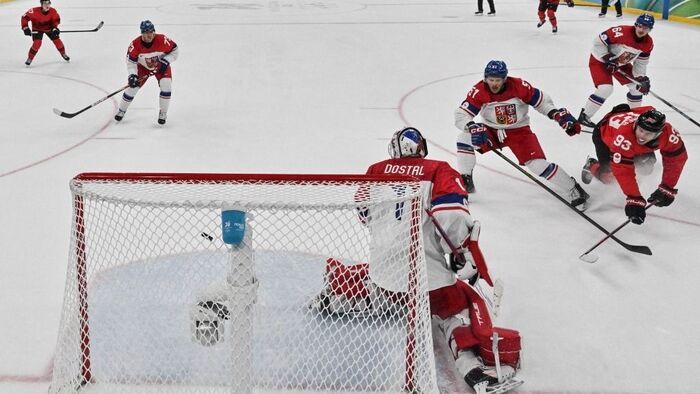



Szóljon hozzá!
Jelenleg csak a hozzászólások egy kis részét látja. Hozzászóláshoz és a további kommentek megtekintéséhez lépjen be, vagy regisztráljon!